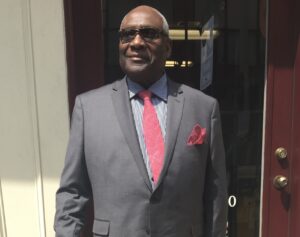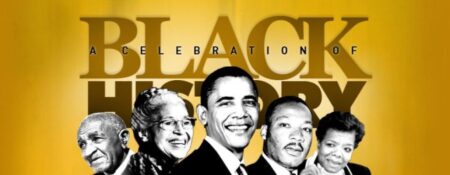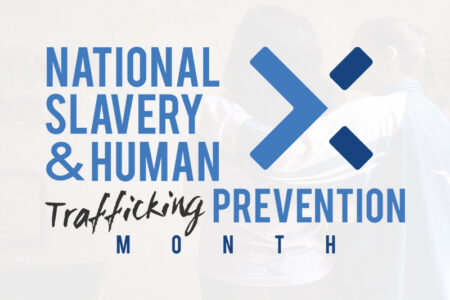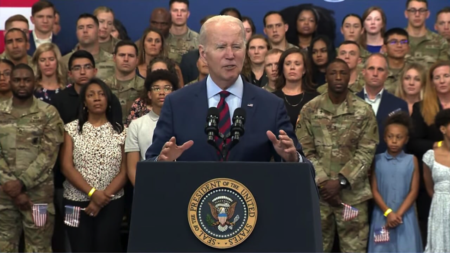By Sharday Urtarte, Editor-in-Chief Nefertiti Network
(WASHINGTON, D.C. – March 25, 2025) – March Madness is here—a time when college basketball dominates the sports world, showcasing the talent and resilience of student-athletes nationwide. But beyond the on-court spectacle, what does this moment mean for Black student-athletes in today’s evolving NCAA landscape?
The Changing NCAA Landscape
Recent legislative shifts—ranging from changes in NIL policies to the rollback of affirmative action and the dismantling of DEI programs—are reshaping the experience of Black athletes. These policies don’t just impact recruitment; they influence financial opportunities, mental health, and the overall culture of college sports.
The NIL Divide: Who Really Profits?
When the NCAA adopted NIL policies in 2021, allowing athletes to profit from their personal brand, it was hailed as a win for student-athletes. However, disparities quickly emerged. While some Black athletes have leveraged NIL deals to secure lucrative opportunities, the infrastructure to ensure equal access isn’t always in place. Athletes at resource-rich institutions often have more sponsorship opportunities, leaving those at less prominent programs at a disadvantage. Additionally, there’s growing concern over the exploitation of Black athletes as institutions and corporations find new ways to profit from their talent without adequately supporting their long-term success (Black in Blue).
Affirmative Action Rollbacks and DEI Bans: What’s at Stake?
The 2023 Supreme Court decision to strike down affirmative action in college admissions has already led to a decline in Black student enrollment at many elite institutions. This shift doesn’t just affect the broader student population—it impacts the recruitment and retention of Black athletes. With fewer Black students on campus, the sense of community and cultural support that many athletes rely on is fading.
This shift has also sparked renewed conversations about where top Black recruits choose to play. Recent trends suggest that elite athletes may increasingly turn to HBCUs, where they find a stronger cultural connection and institutional commitment to Black student success (The Guardian).
At the same time, several states have moved to ban DEI initiatives at public institutions, shutting down offices that provided vital support for Black students, including athletes. These programs helped address racial disparities, provided mentorship, and created safe spaces for Black student-athletes navigating predominantly white environments. Without these resources, many Black athletes may face increased isolation, impacting both their academic and athletic performance (Axios).
The Mental and Financial Toll
Black student-athletes already carry unique pressures—performing at a high level while often being one of the few Black faces in the room. The combined stress of navigating racial dynamics, academic expectations, and athletic performance can take a toll on mental health. A 2022 NCAA study found that Black student-athletes report higher levels of stress and mental health challenges than their white counterparts, yet they often have fewer culturally competent resources available to support them.
With the rollback of DEI initiatives and the uneven playing field in NIL opportunities, the pressure on Black athletes has only intensified. The loss of institutional support structures and uncertainty about their future pathways make it harder for them to focus on both their sport and education (Seattle Medium).
What’s Next for College Sports?
These policy shifts are reshaping college athletics in real time. Predominantly white institutions may struggle to attract and retain Black talent if they are perceived as less welcoming or supportive. With top recruits considering HBCUs at higher rates, we could see a shift in where elite talent chooses to compete. At the same time, NIL disparities may continue to widen the gap between athletes at different institutions, reinforcing systemic barriers to wealth-building through sports (NVGT).
If March Madness highlights anything, it’s that Black student-athletes play a crucial role in shaping the culture and success of college sports. But institutions must go beyond using their talent for profit. They must ensure that Black student-athletes are supported—not just as players, but as scholars, leaders, and individuals with futures beyond the game.
This means actively addressing disparities in NIL access, maintaining culturally competent support structures, and fostering inclusive environments that allow all athletes to thrive. March Madness isn’t just a tournament—it’s a reflection of the evolving dynamics in college sports. As the rules of the game change, so too must the commitment to ensuring that Black student-athletes are not left behind.










